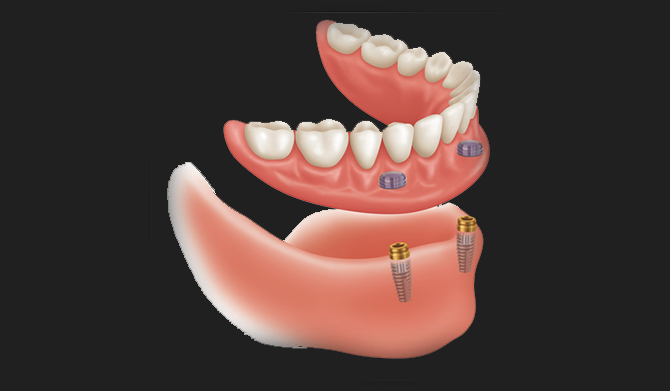The power of prevention in dental care is often underestimated, yet it is the cornerstone of maintaining a lifetime of healthy teeth. Our oral health plays a significant role in our overall well-being, impacting our ability to eat, speak, and even our self-esteem. While many people associate dental care with visits to the dentist, the real power lies in the daily habits and routines that can help prevent dental problems from occurring in the first place. One of the most fundamental aspects of preventive dental care is maintaining a consistent oral hygiene routine. This includes brushing your teeth at least twice a day with a fluoride toothpaste and flossing daily to remove food particles and plaque that can lead to tooth decay and gum disease. These simple actions can go a long way in preventing cavities and gum issues. Additionally, using an antiseptic mouthwash can help kill harmful bacteria in your mouth and freshen your breath.

A well-balanced diet also contributes to the health of your teeth. Limiting sugary and acidic foods and drinks can help reduce the risk of tooth decay and erosion. Opt for a diet rich in fruits, vegetables, and dairy products, which provide essential nutrients for maintaining strong teeth and gums. Drinking plenty of water, particularly fluoridated water, can also help prevent cavities by strengthening your tooth enamel. Regular dental check-ups are an essential part of preventive care. Even if you maintain excellent oral hygiene at home, professional cleanings and examinations by a dentist or dental hygienist are crucial for catching issues early. These professionals can identify potential problems that you might miss, such as small cavities, gum disease, or early signs of oral cancer. By addressing these concerns promptly, you can avoid more extensive and costly treatments down the road.
Another key aspect of preventive dental care is protective measures like dental sealants and fluoride treatments. Sealants are thin, plastic coatings applied to the chewing surfaces of molars and premolars, which are vulnerable to decay visit https://abcdentandbeauty.com/patient-communication-in-dentistry-effective-interaction-and-trust-building. These seal out bacteria and food particles that can lead to cavities. Fluoride treatments, on the other hand, help strengthen tooth enamel, making it more resistant to acid attacks. These preventative measures are especially important for children, but they can benefit adults as well. In conclusion, the power of prevention in dental care cannot be overstated. By embracing daily oral hygiene practices, maintaining a healthy diet, attending regular dental check-ups, and considering additional protective measures, you can safeguard your teeth and gums for a lifetime of oral health. Preventing dental problems is not only more comfortable and cost-effective than treating them but also ensures that you can enjoy a beautiful, functional smile throughout your life. So, make prevention a priority, and invest in your dental health for a lifetime of healthy teeth and a happier, more confident you.